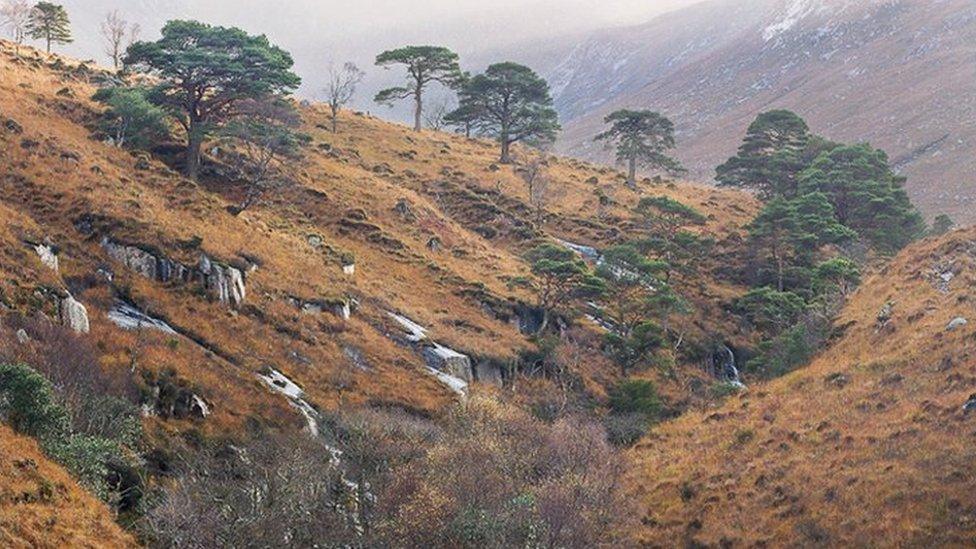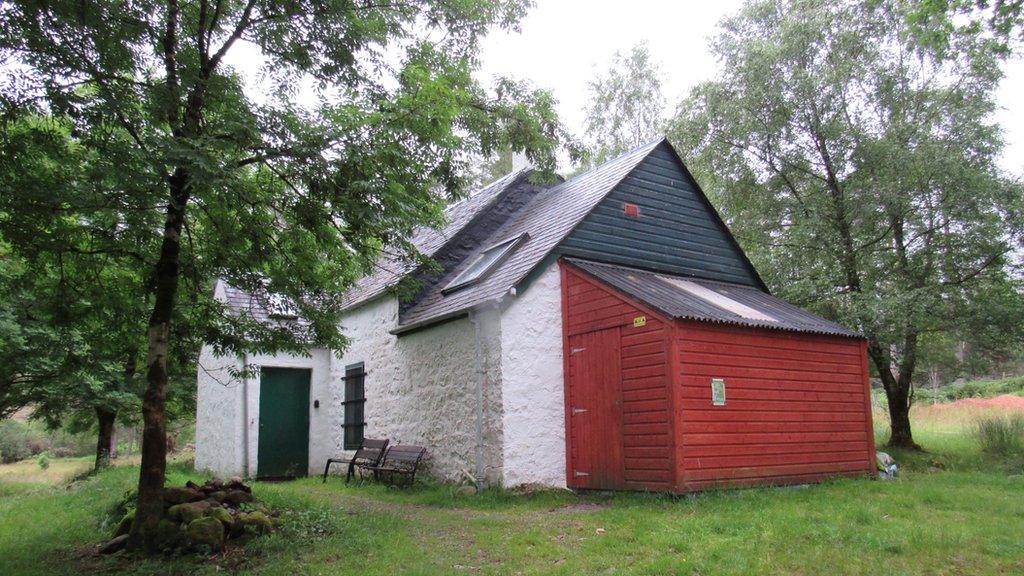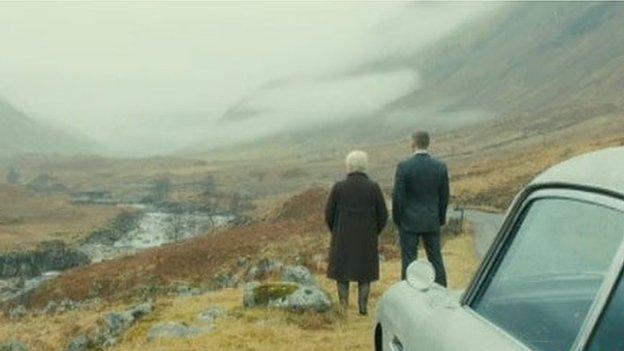Councillors to approve Glen Etive hydro plans
- Published

Concerns have been raised about the impact the renewable energy projects would have on Glen Etive
Councillors have approved proposals for three small-scale hydro-electric schemes in a Highlands glen following a review of an earlier decision on them.
The three projects in Glen Etive, near Glen Coe, were among seven that were approved by members of a Highland Council planning committee last month.
But one committee member, Andrew Baxter, secured enough support for the review of last month's consent.
There is both support and opposition to the three schemes.
Councillors voted on the individual schemes.
The campaign Save Glen Etive, landscape charity the John Muir Trust and Mountaineering Scotland, a body representing the interests of hillwalkers, climbers and skiers, are among those opposing them.
They have raised concerns about the impact on an area of wild land.
However, Glencoe and Glen Etive Community Council supports the overall hydro project, which could produce enough electricity for up to 8,000 properties and raise community benefit funding.
The developer Dickins Hydro said it appreciated the glen was a special area and would do everything in its power to reduce any impact on the environment.
Following Wednesday's decision, the company's William Dickins said: "I am absolutely delighted first and foremost for the community of Glen Etive.
"The scheme will make a big difference for them. The employment and the community funding will make a big difference for their lives.
"I am obviously please for ourselves and it is very important for our whole project."
'Dangerous precedent'
Mountaineering Scotland has called on the Scottish government to intervene in the row over the three schemes.
The organisation is not opposed to renewable energy projects, but believes there are places where they should not be constructed.
Chief executive Stuart Younie said: "This is a disappointing decision by Highland Council.
"It brings into question the purpose and value of allocating special designations which are intended to help protect our finest landscapes.
"We understand the arguments being made in support of the proposed developments but feel there was a wider point of principle at stake today.
"This was about the stewardship of a national asset and we hope this decision has not set a dangerous precedent which encourages more development applications in our wild land and national scenic areas."
The John Muir Trust said it was disappointed "blanket approval" had been given to all three schemes.
- Published12 March 2019

- Published9 January 2019

- Published19 July 2018

- Published10 March 2017
